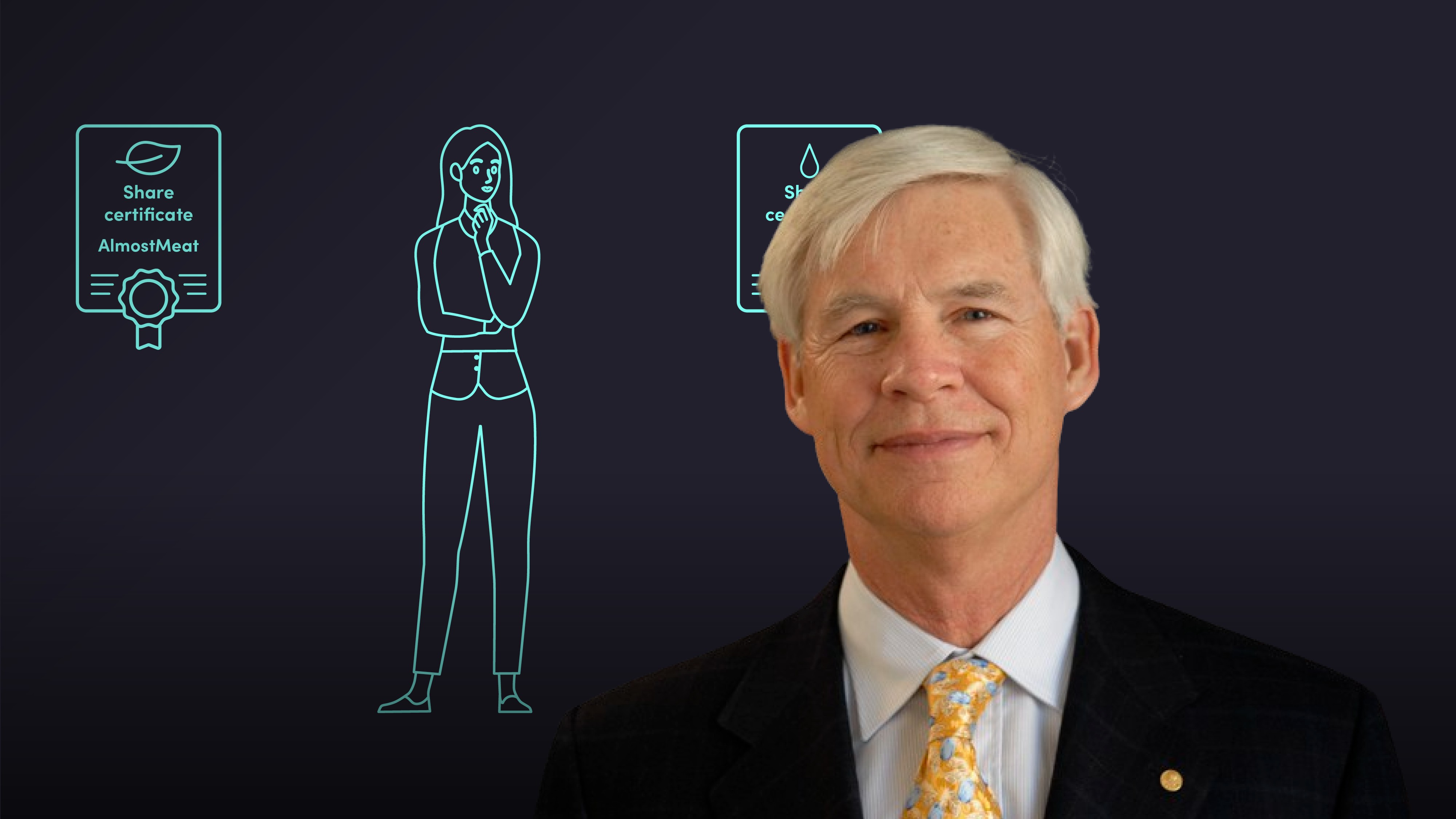
Asset Pricing Theory of Climate Hedge Portfolios

Robert Engle
Nobel Prize winning economist
In this video collaboration with MMF, Nobel Laureate and economist Robert Engle explores the asset pricing theory behind hedge portfolios, as well as how you would build a portfolio using either fundamental or statistical analysis.
In this video collaboration with MMF, Nobel Laureate and economist Robert Engle explores the asset pricing theory behind hedge portfolios, as well as how you would build a portfolio using either fundamental or statistical analysis.
Subscribe to watch
Access this and all of the content on our platform by signing up for a 7-day free trial.

Asset Pricing Theory of Climate Hedge Portfolios
6 mins 14 secs
Key learning objectives:
Learn what a climate hedge portfolio is
Understand two analytic approaches to building a climate hedge portfolio
Overview:
Robert Engle argues that risky stocks are less desirable than stocks which are minimally risky. Stocks that are exposed to climate risk are not desirable but could expect to have higher expected returns and a hedge investor will want to short this risk. To build a hedge portfolio, fundamental analysis can be undertaken based on how climate change is going to impact industries or statistical analysis which recognises how stocks will react based on climate change news.
Subscribe to watch
Access this and all of the content on our platform by signing up for a 7-day free trial.
What is the asset pricing theory behind hedge portfolios?
Brown stocks are less desirable than green stocks. Stocks that are exposed to climate risk are not desirable but could expect to have higher expected returns and a hedge investor will want to short this risk. However, shorting these companies that are exposed to risk and going long companies that are not exposed to this risk, means you're going to achieve a negative risk premium. This says that your investment is going to underperform the market on average, which is a bad selling point to investors.
What are the two analytic approaches to building a hedge portfolio?
1. Fundamental analysis
This involves using data to frame how you think climate change is going to impact different industries. However, ESG data is often criticised as incomplete and not measuring specifically what is needed.
2. Statistical analysis
This recognises that when there is news about climate change, we would know which stocks are going up and which ones are going down and use this as a basis to form this portfolio.
Subscribe to watch
Access this and all of the content on our platform by signing up for a 7-day free trial.

Robert Engle
There are no available Videos from "Robert Engle"






















